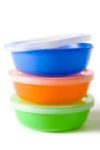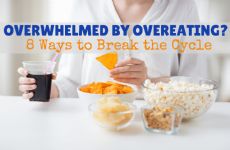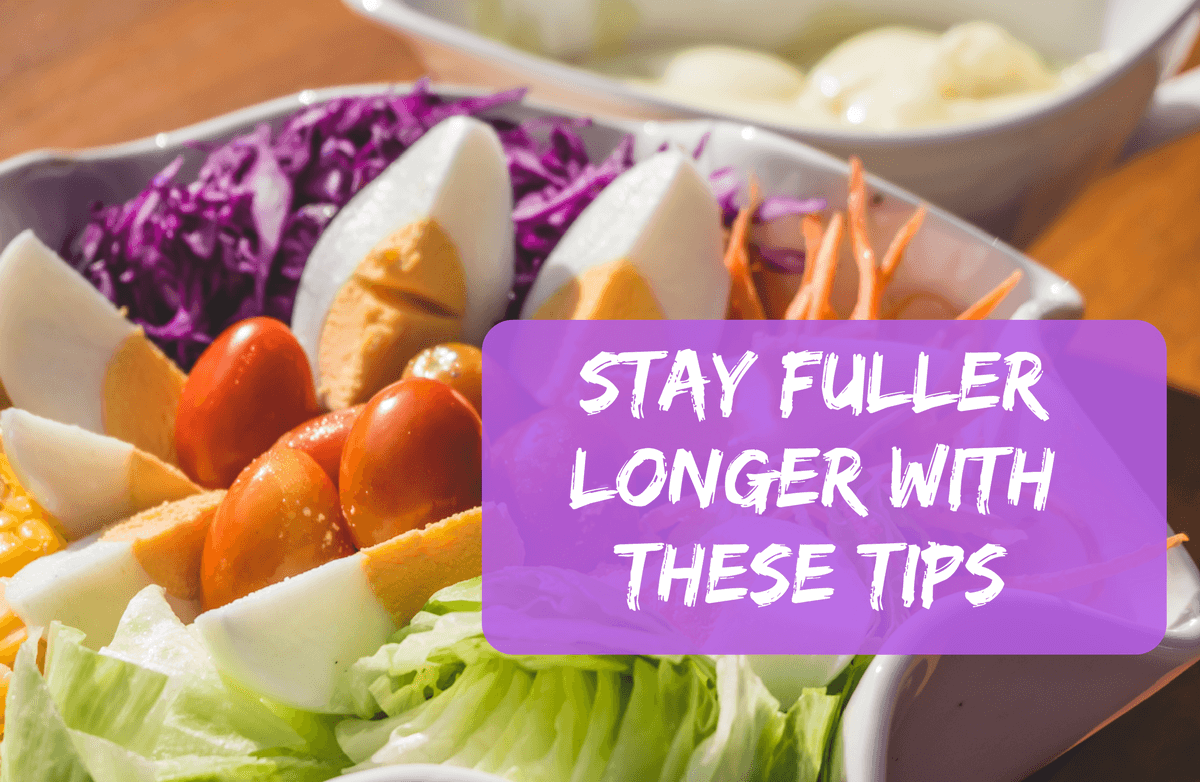|
Spring is right around the corner, and as I glance around my home, I see that a thorough cleaning is in order. Dust bunnies are multiplying under my bed, spider webs are glistening on my chandelier, and a layer of dust has settled on all places too difficult to comfortably reach. As I strategically plan my upcoming cleaning project, I start to wonder if my body is also in need of a cleaning, so to speak. Like many of you, I tend to go into hibernation mode during the winter months. With less daylight hours and physical work to do outside, along with an influx of sugary treats and comfort foods, my body has been insulated by an added layer of fat. I'm surely not alone in feeling this way, judging from the number of questions we field on the site about detox diets this time of year. While the idea of cleaning out harmful toxins in your body or removing body fat quickly may sound tempting and even beneficial, is a detox the answer? What is a detox? Around since the 1970s, the Master Cleanse, also known as the Lemonade Diet, is probably the most popular detox diet. Followers of this detox spend 10 days drinking a concoction of lemon juice, maple syrup, water and cayenne pepper. Side effects include tiredness, irritability, hot bowel movements, and headaches, but those are touted as signs of the beneficial detoxification process. Other detox programs can last for several days to weeks and involve drinking little more than fruit and vegetable juices. Still other programs involve drinking water and consuming no food for several days at a time. But does the body need detoxification? If you've been exposed to high amounts of heavy metals, poisons, or radiation, you might require an actual medical detoxification. However, typical day-to-day living does not bring about a need to detox with concoctions and laxatives. The body is perfectly capable of cleaning itself. Think about all your wonderfully complex body systems involved in the removal of toxins: your circulatory (blood) system, respiratory (lungs) system, urinary (kidneys) system, and digestive (liver and intestines) system. It makes no sense that a little lemon juice, vegetable juice, or gut rest is actually going to make a difference in your health. There are no published, peer-reviewed, or well-designed research studies on detoxing that indicate any health benefit or weight loss. Detoxing and weight loss Of course you will usually lose weight when following a detox program. The diet is very restrictive, and the daily calorie intake is much less than what you would typically consume. A person could lose several pounds weekly while detoxing. Some of the weight will be body fat, but most will be water loss and some muscle tissue loss. Since the detoxer has not learned to change his or her eating habits and food environment, the weight will quickly be regained. Overall, there is no sustainable benefit—and the loss of muscle mass due to fast weight loss is harmful. Detoxing and increased energy Many people who "detox" report a decrease in food cravings, increased energy, and a feeling of overall well-being. "What’s up with that?" you might be asking.
If you're a healthy adult, following a detox program for a few days is probably not going to put you in danger. However, if you have a medical condition or take certain medications, a detox program could be dangerous or even deadly. If you are determined to give detox a try, talk to your doctor first. How do I plan to spring clean my body--and how can you do the same?Think about how you spring clean your house: Do you shove everything under the bed and in closets until winter or pitch it all in the garbage? No way. You roll up your sleeves and put in the work to declutter, clean, and organize. I'm applying the same techniques to my spring cleaning for my body--and so should you. (Not to mention, spring cleaning can also help you burn some additional calories!) I definitely do not spring clean with a detox! Instead, I have a simple, 2-step plan that will work for anyone:
|
Related Entries
More From SparkPeople
|


















.jpg)



